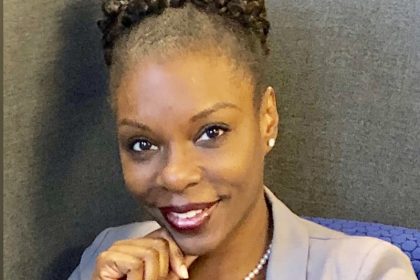Communication is one area of the four encompassing eleven Core Competencies of a Coach and includes three of the eleven competencies – that makes the importance of communication obvious. For clients, coaching sessions visibly involve these three areas of communication: listening, direct and respectful language, and questioning. Coach training programs provide specific tools and techniques for effective communication.
A natural tendency is to compare what is being said with personal experiences or to think about what to say in reply, rather than fully listen. Since the coaching process is all about the client, specific listening techniques enhance the quality and depth of the listening, thus empowering the client to fully explore and openly share. 
Direct, respectful language is critical. While many consider themselves to be good communicators, many also consider others to be poor communicators. 70% of the population is primarily passive and 30% is primarily aggressive in communication style. Assertive communication, the use of direct and respectful language, is a learned skill taught in coach training programs. Specific language and approach influence interactions.
Questioning is an important responsibility of coaches. What, how, and when to ask specific questions is a learned skill. In good training programs, coaches discuss types of questions and learn how to formulate effective questions. During coach training, practice coaching sessions using questionnaires provide the opportunity to experience how questions impact the process. Then as you advance in your training you move beyond questionnaires and ask questions based on what will benefit the client in the moment.




